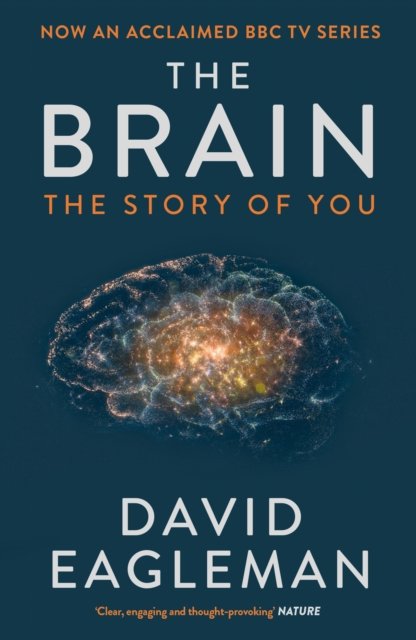The Future of the Self by Joanna Nadin
Look in the mirror – what do you see? We all feel, instinctively, that self exists. That somewhere inside us, under the clothes, the make-up and self-tan, lurks a hard ‘pearl’, a kernel of truth called ‘me’. And it’s big business uncovering that ‘authentic’ kernel.
It’s also a fool’s errand, because that ‘true self’? It doesn’t exist. Self is no more than a story we tell ourselves. It’s mutable, pliable as Plasticine.
Worse, it’s not even strictly autobiographical, but co-authored with those around us. And as such, there is no one version, but myriad, and the number is growing as we are exposed to ever more connections. We are already seeing the effects travel, television, and celebrity culture can have on the formation of self, but as digital and social media exposure grows, and in the advent of AI, what will happen to our sense of self? Can we become ever more multiple and adapt better to our globalised world? Or will we dissolve into narcissitic, detached ‘nobodies’? The Future of the Self will explore our current understanding of self in both philosophical and neuroscientific terms and through the lens of popular culture.
It will ask what might happen to it in the coming years, and what a ‘useful self’ might look like in the future.
Look in the mirror – what do you see? We all feel, instinctively, that self exists. That somewhere inside us, under the clothes, the make-up and self-tan, lurks a hard ‘pearl’, a kernel of truth called ‘me’. And it’s big business uncovering that ‘authentic’ kernel.
It’s also a fool’s errand, because that ‘true self’? It doesn’t exist. Self is no more than a story we tell ourselves. It’s mutable, pliable as Plasticine.
Worse, it’s not even strictly autobiographical, but co-authored with those around us. And as such, there is no one version, but myriad, and the number is growing as we are exposed to ever more connections. We are already seeing the effects travel, television, and celebrity culture can have on the formation of self, but as digital and social media exposure grows, and in the advent of AI, what will happen to our sense of self? Can we become ever more multiple and adapt better to our globalised world? Or will we dissolve into narcissitic, detached ‘nobodies’? The Future of the Self will explore our current understanding of self in both philosophical and neuroscientific terms and through the lens of popular culture.
It will ask what might happen to it in the coming years, and what a ‘useful self’ might look like in the future.
Look in the mirror – what do you see? We all feel, instinctively, that self exists. That somewhere inside us, under the clothes, the make-up and self-tan, lurks a hard ‘pearl’, a kernel of truth called ‘me’. And it’s big business uncovering that ‘authentic’ kernel.
It’s also a fool’s errand, because that ‘true self’? It doesn’t exist. Self is no more than a story we tell ourselves. It’s mutable, pliable as Plasticine.
Worse, it’s not even strictly autobiographical, but co-authored with those around us. And as such, there is no one version, but myriad, and the number is growing as we are exposed to ever more connections. We are already seeing the effects travel, television, and celebrity culture can have on the formation of self, but as digital and social media exposure grows, and in the advent of AI, what will happen to our sense of self? Can we become ever more multiple and adapt better to our globalised world? Or will we dissolve into narcissitic, detached ‘nobodies’? The Future of the Self will explore our current understanding of self in both philosophical and neuroscientific terms and through the lens of popular culture.
It will ask what might happen to it in the coming years, and what a ‘useful self’ might look like in the future.






